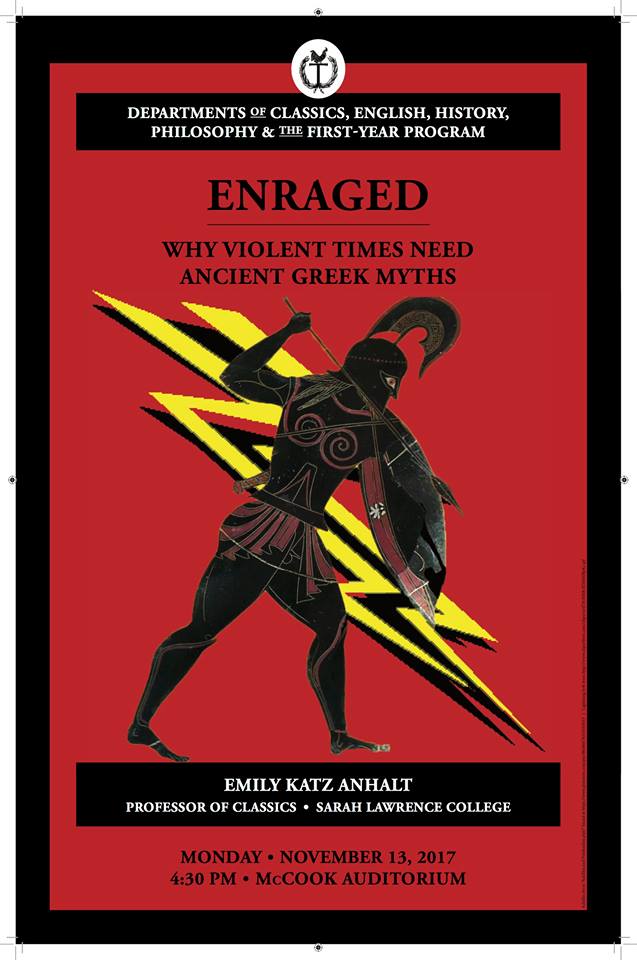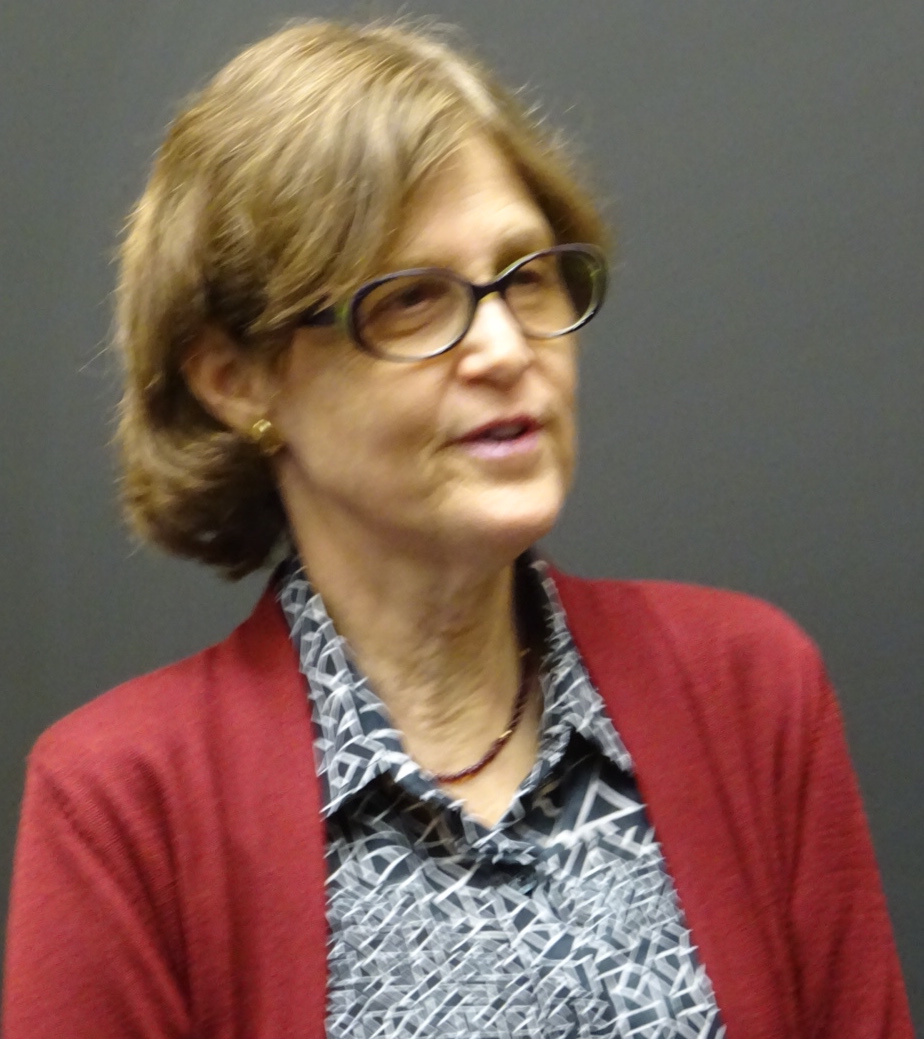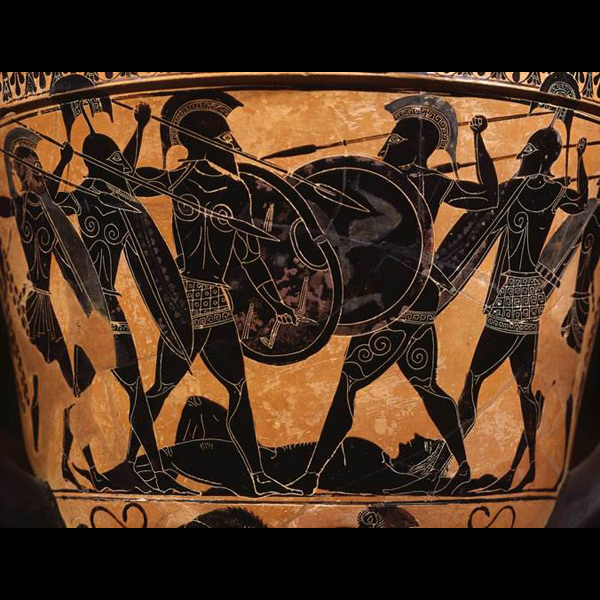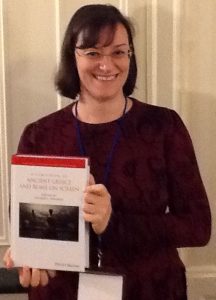“Education was in fact the second liberation for these people. A free society is not based just on a foundation of laws, but also on full access to the highest elements of culture and learning.”
Dr. Michele Valerie Ronnick visited Trinity to deliver the annual Moore Lecture, which is intended to support the offerings in the ancient Greek language that the department of Classics offers.
intended to support the offerings in the ancient Greek language that the department of Classics offers.
Dr. Ronnick presented the many years of research that she’s done on African-Americans who studied ancient Greek in the late nineteenth century. Among the individuals that Dr. Ronnick discussed, William Sanders Scarborough is prominent. The first African-American member of the MLA (Modern Languages Association) and the third of the American Philological Association (now the SCS, the Society for Classical Studies), Scarborough was a model classicist, presenting several times at annual conferences on subjects as traditional as the grammar of a Greek text and as boundary-pushing as the reception of the Roman playwright Seneca by the French playwright Racine.
Dr. Caldwell recorded the lecture, and it’s now available on YouTube.
Thank you, Dr. Ronnick, for visiting us and for sharing your important research on this important aspect of the discipline of classics!









